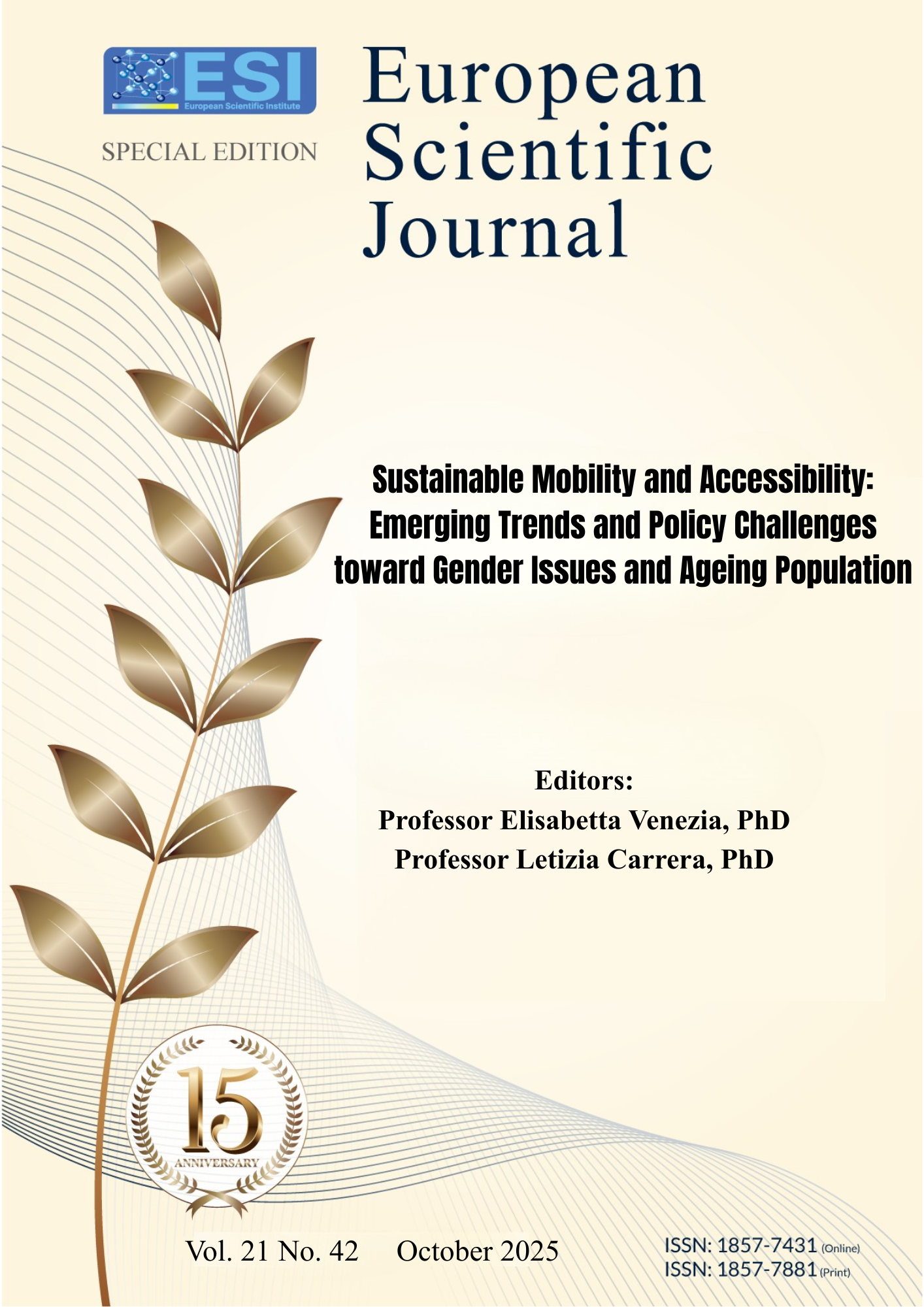Care in the Weave: Ageing, Complexity, and Territorial Services - A Qualitative Analysis of how Services, Families, and Communities Co-Construct Care for Older People
Abstract
As population aging reshapes contemporary societies, healthcare systems must evolve beyond linear, disease-centric models towards integrative and context-sensitive forms of care. This article, grounded in complexity theory and relational pedagogy, explores how community and family nurses, together with older adults and caregivers, co-construct care networks within small mountain municipalities in northern Italy. Based on qualitative research conducted as part of the AGE-IT project, the study analyzes ten in-depth interviews with elderly women and a participatory mapping of the health and social resources of the area. Using The Listening Guide (Gilligan et al., 2003), the analysis highlights the plurality of voices and identities that emerge in later life: women as carers, workers, volunteers and independent citizens. Their narratives reveal the centrality of autonomy, relational proximity and meaningful places in supporting health and well-being. Community nurses appear as pivotal figures, weaving together formal services, families and informal networks, while mapping practices highlight both distributed resources and systemic gaps in remote areas. The results illustrate how aging, care and territory are intertwined within complex adaptive systems, where health depends as much on relationships as on services. The firm supports policies and practices that enhance the voice of older adults, strengthen interdisciplinary collaboration, and promote inclusive spaces that foster belonging and participation. In doing so, she reimagines community nursing as a form of caring in texture, a living practice that listens, connects, and evolves with the communities it serves.
Downloads
PlumX Statistics
References
2. Formenti, L., Cino, D., & Loberto, F. (2024). Ageing and complexity: Reframing older adults’ learning through interdisciplinary lenses. European Journal for Research on the Education and Learning of Adults, 1–22. https://doi.org/10.3384/rela.2000-7426.5193
3. Formenti, L., & Cino, D. (2023). Oltre il senso comune: un viaggio di ricerca nella pedagogia della famiglia. F. Angeli.
4. Gilligan, C., Spencer, R., Weinberg, M. K., & Bertsch, T. (2003). On the listening guide: A voice-centered relational method. Psychoanalytic Psychology, 20(1), 70-89. https://doi.org/10.1037/0736-9735.20.1.70
5. Marmot, M. (2005). Social determinants of health: The solid facts (2nd ed.). World Health Organization.
6. Zannini, L. (2008). Medical humanities e medicina narrativa: nuove prospettive nella formazione dei professionisti della cura. Cortina.
7. World Health Organization. (2002). Active ageing: A policy framework. World Health Organization.
8. World Health Organization. (2007). Global age-friendly cities: A guide. World Health Organization.
Copyright (c) 2025 Francesca Loberto

This work is licensed under a Creative Commons Attribution 4.0 International License.








